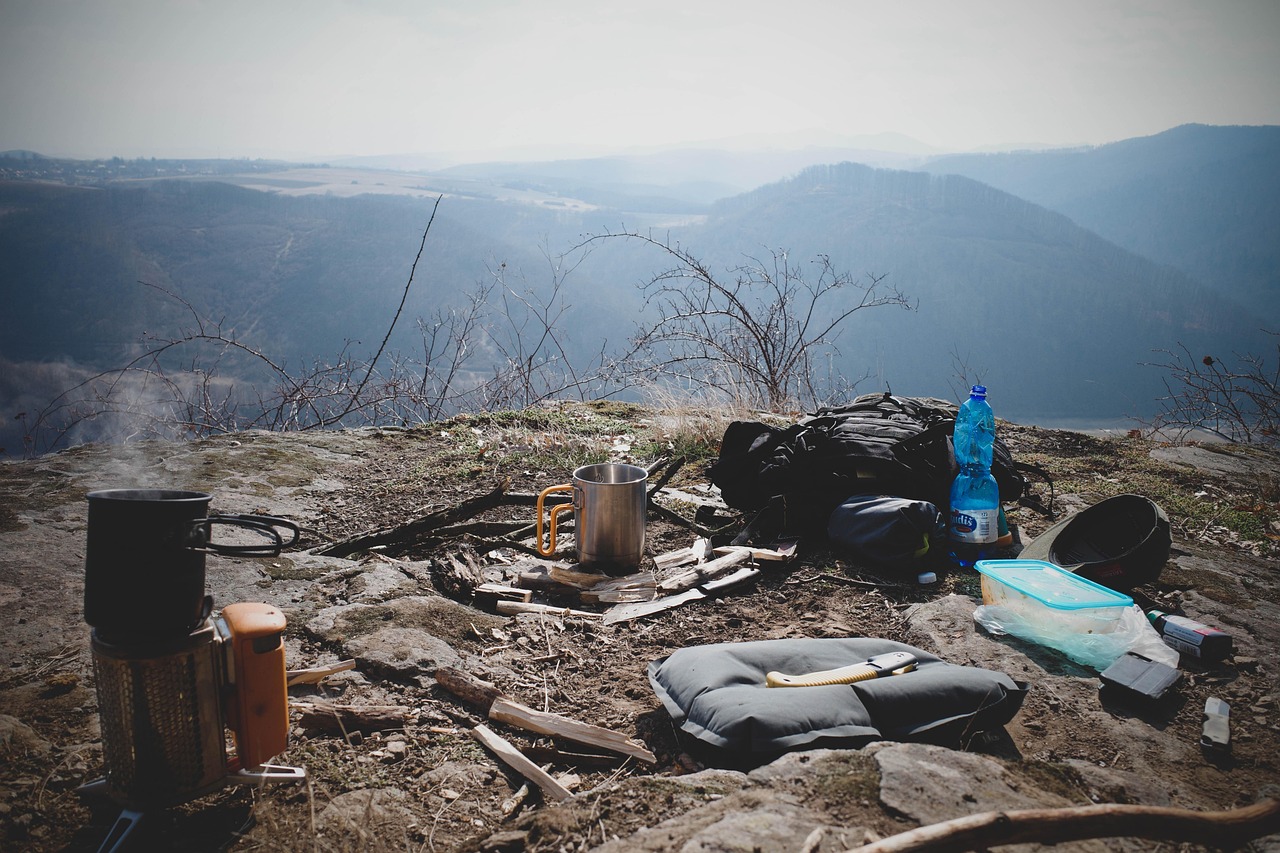“We’re Not Saying Panic. But You Might Want to Pack.”
You don’t have to do anything. That’s the truth.
You’re free to ignore this, to close the tab, to roll your eyes at what might sound like institutional overreaction.
But you should know: the European Union just told 450 million people to get their act together—and fast. Not with policies or speeches. With backpacks.
The message was quiet but clear: build a 72-hour emergency kit. Not because it’s fun. Not because it’s trendy. But because the world—right now—is weird.
And if you’ve been paying attention, you know they’re right.
The Vibe Shift We Can’t Ignore
We’re living through a time where crisis feels like it’s hovering above us, like a fog that hasn’t settled yet. There’s war at the borders, extreme weather that’s gone from seasonal to existential, energy grids stretched too thin, and digital systems one hack away from collapse.
You’re not imagining it.
Things feel off.
And the EU sees it too.
Sweden mailed its citizens a booklet called “If Crisis or War Comes.” France is working on a civil survival guide of its own, covering everything from terror threats to flash floods. Germany? They’ve done the math. Ten days of food. Five days of water. Euros in small bills, tucked away just in case the ATMs go dark.
They’re not sounding alarms.
But they’re lighting flares.
The Anatomy of a 72-Hour Kit
So, what exactly are we talking about?
Let’s break it down.
Water:
Start with the obvious. A gallon per person per day. Not just for drinking—cleaning, rinsing, brushing your teeth. When your faucet turns into a useless metal decoration, you’ll want that stash. Coffee and tea don’t matter when you’re dehydrated.
Food:
Shelf-stable, no-fuss, no-fridge-required stuff. Not gourmet. Not even tasty. Cans. Protein bars. Freeze-dried meals that taste like regret but give you just enough calories to keep going.
Light:
When the lights go out—and they do—you’ll need more than your phone’s 7% battery and a wish. Flashlights. Lanterns. Crank-powered if you’re ambitious. Batteries, obviously. Multiple sets. Because dead devices die faster in the dark.
Communication:
Radios. Preferably ones that don’t rely on cellular towers or Wi-Fi. Get one that talks back—local stations, emergency broadcasts. It’s not just about knowing what’s happening. It’s about not feeling completely alone.
First Aid:
Basic supplies: bandages, gauze, antiseptics, painkillers. Add any prescriptions. You’re building a mini-clinic, not a pharmacy, but even the smallest wound turns serious when there’s no help coming.
Documents:
Passports. IDs. Insurance papers. Birth certificates. All in waterproof sleeves, tucked somewhere safe. It sounds dramatic. Until you need them. Until someone says, “prove who you are,” and your phone is dead.
Cash:
Small bills. Paper kind. Because when the power’s out, your fancy credit card is just shiny plastic. Machines break. Systems freeze. Cash is still king in a blackout.
Hygiene:
Garbage bags. Wet wipes. Hand sanitizer. Feminine products. Soap. You don’t think about staying clean until you can’t. But you’ll feel the difference when you do.
Tools & Clothing:
A multitool—think Swiss Army knife meets tiny apocalypse toolkit. Clothes that are warm, waterproof, and practical. It’s not a fashion show. It’s survival.
Special Needs:
Kids. Seniors. Pets. Diapers. Meds. Formula. Don’t forget the people—and creatures—who rely on you. They won’t be able to improvise like you can.
It’s About More Than the Bag
Here’s what gets lost in translation: this isn’t just about stuff. The EU isn’t handing out shopping lists. They’re asking for something harder: a plan.
What will you do if the phone lines are jammed and your family’s scattered? Where will you meet? How will you get there? What’s your route out of the city? What if that route’s blocked?
Who will you call? What’s the backup? What’s the backup to the backup?
Sweden’s booklet covers this in painstaking detail. Emergency contacts. Code words. Maps. France is following suit, offering checklists that feel part military, part maternal. Even Germany’s pragmatism turns poetic when you read between the lines: the government can only do so much.
The rest is on you.
The Real Story Behind the Story
So why now?
That’s the question buried under the headlines.
Is it just the Ukraine conflict? A spike in cyberattacks? Environmental instability? Or something else—something governments won’t say out loud?
We don’t know. But we know enough.
Disruptions used to be exceptions. Now they’re routine. The pandemic taught us how quickly shelves empty. The energy crisis showed us how fragile supply really is. Global systems are intricate. And when they go down, they go down hard.
The EU isn’t telling us the whole story.
They’re telling us just enough.
And that’s the part that matters most.
You’re Free to Ignore This
You don’t have to listen.
No one’s kicking down your door to make sure you’ve packed a flashlight and a can opener. You’re free to treat this like just another headline. Free to pretend tomorrow looks exactly like today.
But maybe, just maybe, this is one of those moments where freedom means choosing responsibility.
Choosing to think three days ahead.
Choosing to act while everything still seems fine.
Because peace of mind doesn’t come from luck.
It comes from preparation.
P.S. If you visit our store you can begin to stockpile your own supplies. Click here.
